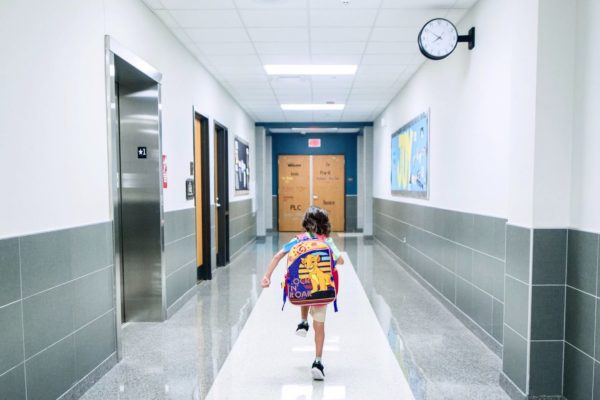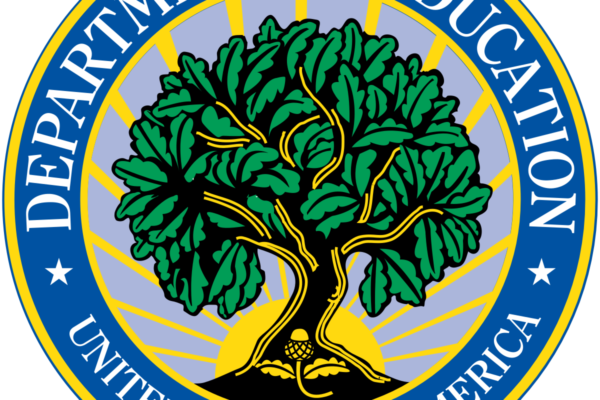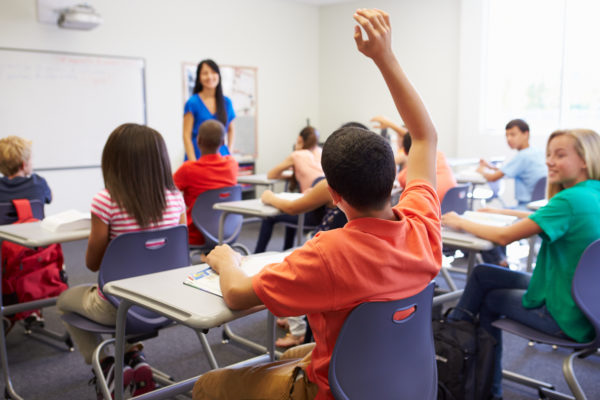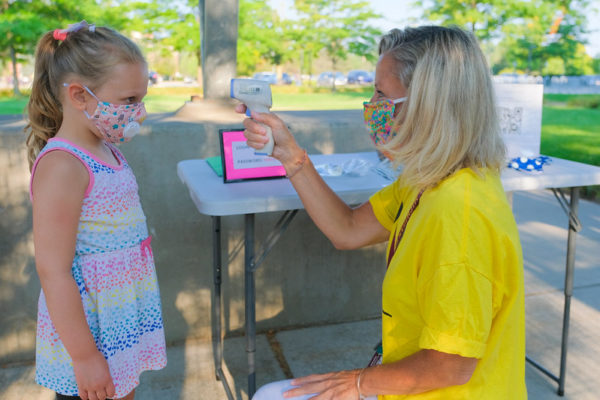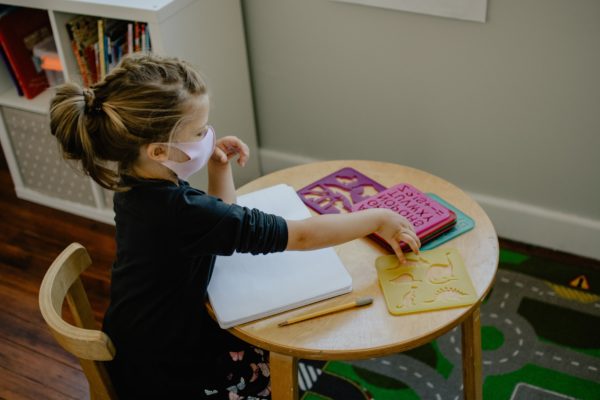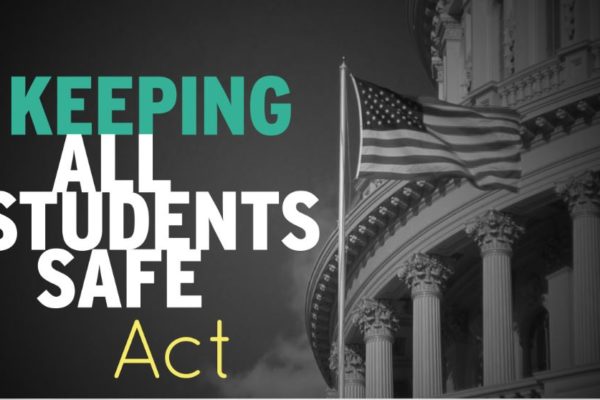The Center applauds the new Biden administration for prioritizing students’ needs during COVID-19 by issuing an executive order supporting the reopening and continuing operation of schools. Students, especially those already on the margins, have borne disproportionate impacts from the pandemic, and swift action is necessary to ensure equity and avoid additional learning loss.
In response to recent news that President-elect Biden has selected Dr. Miguel Cardona as his nominee for Secretary of Education, the Center has signed on to a statement with fellow disability rights organization thanking the transition team for their efforts and encouraging Dr. Cardona to prioritize educational equity, including for students with disabilities.
The National Center for Special Education (the Center) has released a new report examining trends related to enrollment of students with disabilities in Colorado charter schools. Through this report, the Center documented enrollment trends across the state and by authorizing entity, surfaced contributing factors, and identified opportunities for key stakeholders to make short- and long-term changes that can improve students with disabilities’ ability to access and thrive in charter schools.
The COVID-19 global health crisis has upended the continuity of learning for students with disabilities. Despite these ongoing challenges, the right to a free appropriate public education (FAPE) for students with disabilities remains in place. As schools shift to more distance learning, teams of educators are left to redesign what FAPE looks like when they cannot be physically present with their students. This guide offers a decision-making model that aims to balance individual student needs within a virtual learning context, as well as a range of exemplars showing how this model can be applied.
The members of the Equity Coalition believe that it is now more important than ever for schools to commit to permanently rejecting harsh exclusionary discipline practices for all students and especially for those with disabilities.
We look forward to working closely with the Biden Administration and see great opportunity in the joint priorities we share regarding educators, school resources, student-centered supports, and federal investments that lead to every child having access to a high-quality education.
As the Biden education transition team conducts its search for the next Secretary of Education, the Center has joined fellow advocacy organizations in signing onto a letter expressing concerns about the possible nomination of Lily Eskelon Garcia.
This week, as we focus on gratitude, we’re also celebrating the 45th birthday of the Individuals with Disabilities Education Act (IDEA).
The Center for Learner Equity applauds the reintroduction of the Keeping All Students Safe Act (KASSA). Students with disabilities experience disproportionately high rates of restraint and seclusion in public schools, and we need this bill to address this dangerous inequity.
For decades, students with disabilities have been disproportionately subjected to the harshest and most exclusionary discipline in schools, including suspensions, expulsions, restraint, seclusion, referrals to law enforcement, and school-related arrests.
